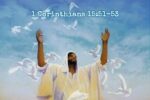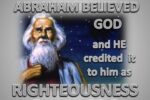EXISTENTIAL RIGHTEOUSNESS (1)
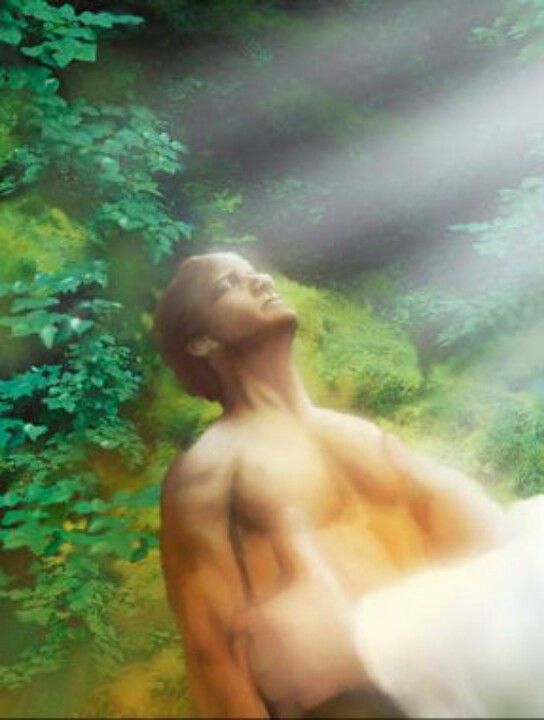
1) The connectivity that exists between unrighteousness and its inseparable sinfulness throws up horrendous acridity of funk in God’s holy physiognomy. It is such a revulsion to the Divinity that Ezekiel’s vatic office declared his Master’s divine decree of “Behold, all souls are mine; as the soul of the father, so also the soul of the son is mine: the soul that sinneth, it shall die” [Ezekiel 18:4]. Hellish death, truly speaking, is a transitional gaol of irredeemability.
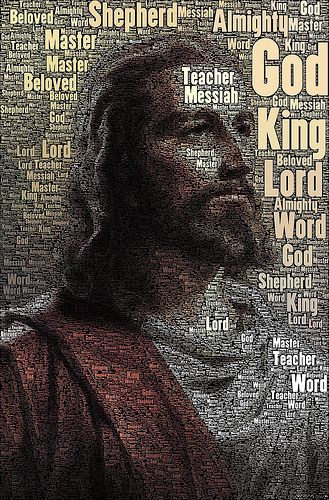
Most enigmatic Being of earthly tread
Scriptural facticity of Genesis 1:26 “And God said, Let us make man in our image, after our likeness: and let them have dominion over the fish of the sea, and over the fowl of the air, and over the cattle, and over all the earth, and over every creeping thing that creepeth upon the earth;” points to Adamic existential righteousness. Mankind does not only share with the Creator, His anthropomorphic physique, Adamic creation also had the package of the image of God, that is, the Christ. The ‘likeness’ of Jehovah is different from His ‘image’. While the likeness is about the palpability of His head, torso, neck and limbs of appearance, the image is an actuation of the Christ in man. This is the image of God: Colossians 1:13-15, 13 “Who hath delivered us from the power of darkness, and hath translated us into the kingdom of his dear Son: 14 In whom we have redemption through his blood, even the forgiveness of sins: 15 Who is the image of the invisible God, the firstborn of every creature:” which shows that the image of God is a Personage: Christ, the King of kings and the Lord of lords. If God made man righteous originally, what got man here in this unrighteous garb? Sin. Disobedience.
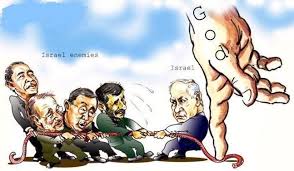
Holy unto Jehovah –Israel
God did not have any problem intimating His covenant children with: 6 And ye shall be unto me a kingdom of priests, and an holy nation. These are the words which thou shalt speak unto the children of Israel. 7 And Moses came and called for the elders of the people, and laid before their faces all these words which the LORD commanded him” (Exodus 19:6-7]. ‘Holy’ is the Hebraic qâdôsh (kaw-doshe’): ‘Holy One, set apart; sacred (ceremonially or morally); (as noun) God (by eminence), an angel, a saint, a sanctuary.’ They are quite complimentary –holiness and righteousness. Holiness speaks of: sacredness of being set apart, making the object of holiness different from others. ‘Righteousness’, the Greek for dikaiosunē (dik-ah-yos-oo’-nay) is here defined: ‘in a broad sense: state of him who is as he ought to be, righteousness, the condition acceptable to God; equity (of character or act); specifically (Christian) justification.’ Equity, etymologically, speaks of: “conformity”, “evenness”, “fairness”.
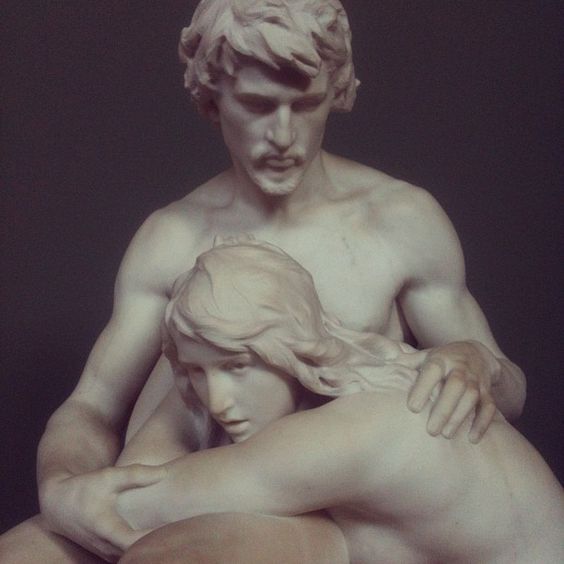
The Woman was brought to Adam the Man
Righteousness, ergo, has to do with right-standing (with God). The first Person Adam saw, coming into creation, was the LORD God, his Maker. Adam, having been created in perfection had the right-standing with Jehovah. Righteousness is a divine engenderment, bestowed upon Adam at creation. Adam did absolutely nothing to earn this righteousness. From a perfect rib, God made the first woman. Her righteousness is found in Genesis 2:22, “And the rib, which the LORD God had taken from man, made he a woman, and brought her unto the man.” Now, the word ‘brought’ is the Hebrew bow’ (bo) meaning: ‘to go or come (in a wide variety of applications).’ If the act of ‘bringing’ has to do with ‘going or coming’’,’ it means that a walk, side by side, the eternality of God was embarked on by the nascent made woman. Right-standing enabled the woman to walk beside the Creator –as she was briefed on her coming conjugal role— to the waiting Adam.
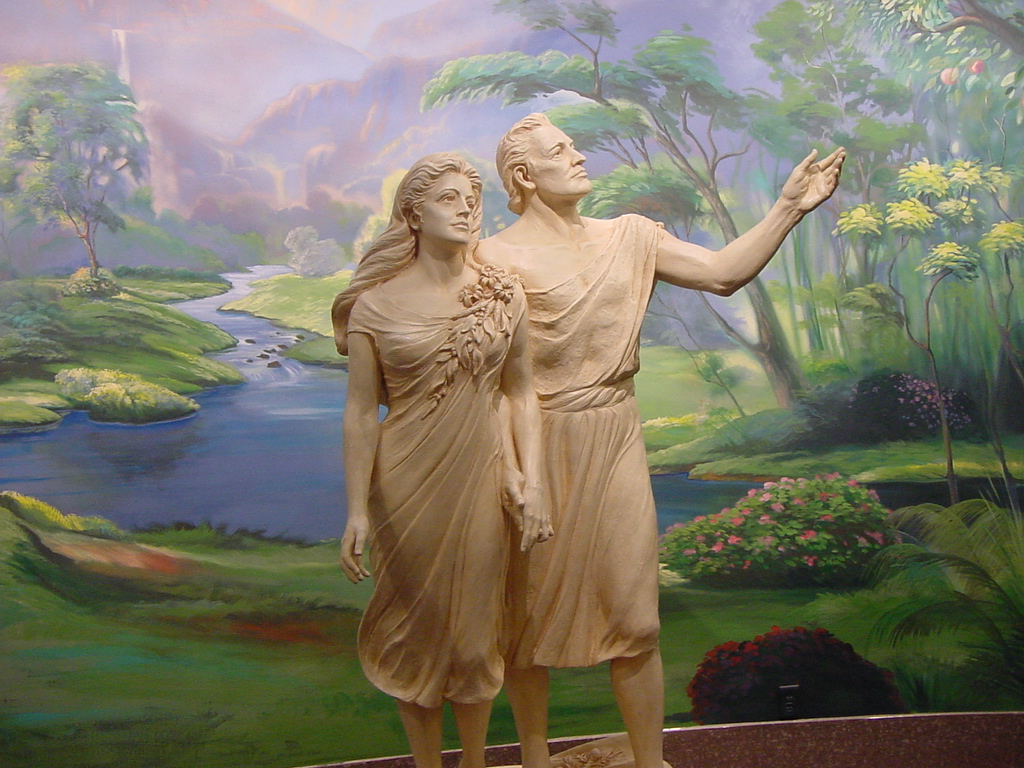
The family of Adam lost it there and then. The sacrificial ritualism of salvation gave them coats of righteousness, pointing to the Second Man, the last Adam, Jesus Christ, the Second Member of the Godhead, and the Redeemer of mankind who must go to His Golgotha cross. Adam’s archetypal adumbration of Jesus must make him righteous as well. What did God tell him? “But of the tree of the knowledge of good and evil, thou shalt not eat of it: for in the day that thou eatest thereof thou shalt surely die” [Gen 2:17]. Does that not mean that if Adam had not eaten of it, he would have continued to live till today, and forever? Righteousness.
Genesis 15:6 reads, “And he believed in the LORD; and he counted it to him for righteousness.” It was strictly a show of righteousness being run by the Divinity. Unbeknown to Abraham, God opened a bank account for him. When Abraham decided to put all his eggs, unlike the philosophy of mankind, into one basket –of faith— God entered it into the file of righteousness. The psalmist wrote, “He restoreth my soul: he leadeth me in the paths of righteousness for his name’s sake” [Psalms 23:3]. He could not have penned this verse of soteriological phenomenon without the inspired contribution of the Holy Spirit. All one does is just following the Shepherd. This ‘following’ is irrefragably of a spiritual significance. The good Shepherd, as the Eternal LORD, can only work an eternally secured salvation for the creativity of His wrought ‘image’. Amen.
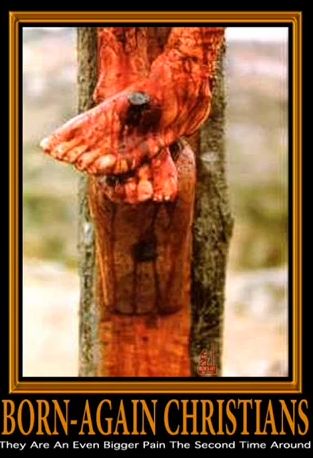
Get born again by saying this simple prayer.
“Dear heavenly Father, I come to You now in the name of Jesus Christ. I believe in my heart that Jesus is the Son of God. I believe that Jesus died on the cross for my sin. I believe that You raised Him from the dead. I confess with my mouth that Jesus is Lord and I receive Him now as my Lord and my Saviour. I give God all the glory. Amen!”
(…to be continued…)
Read part 2 here
Visits: 194
